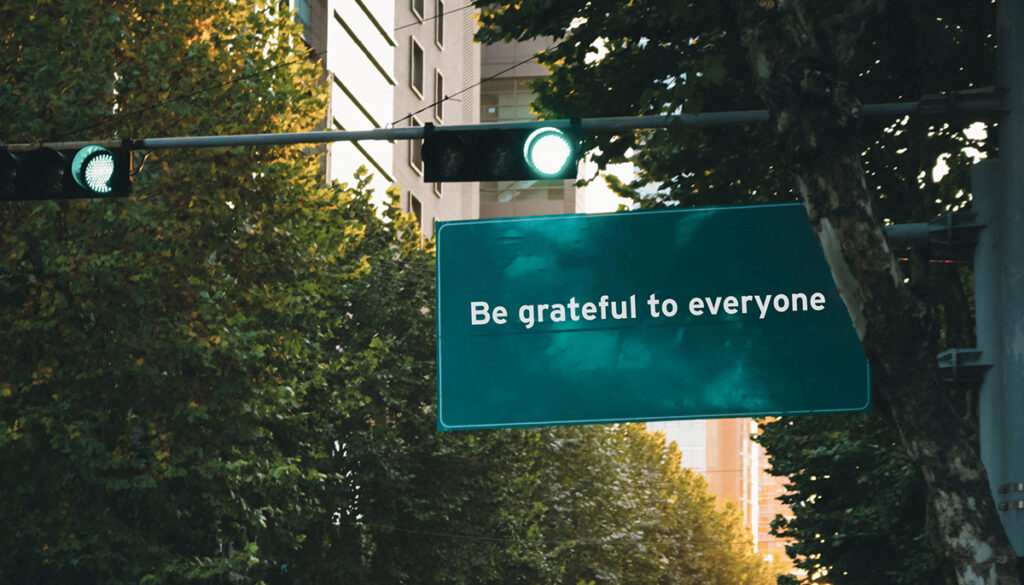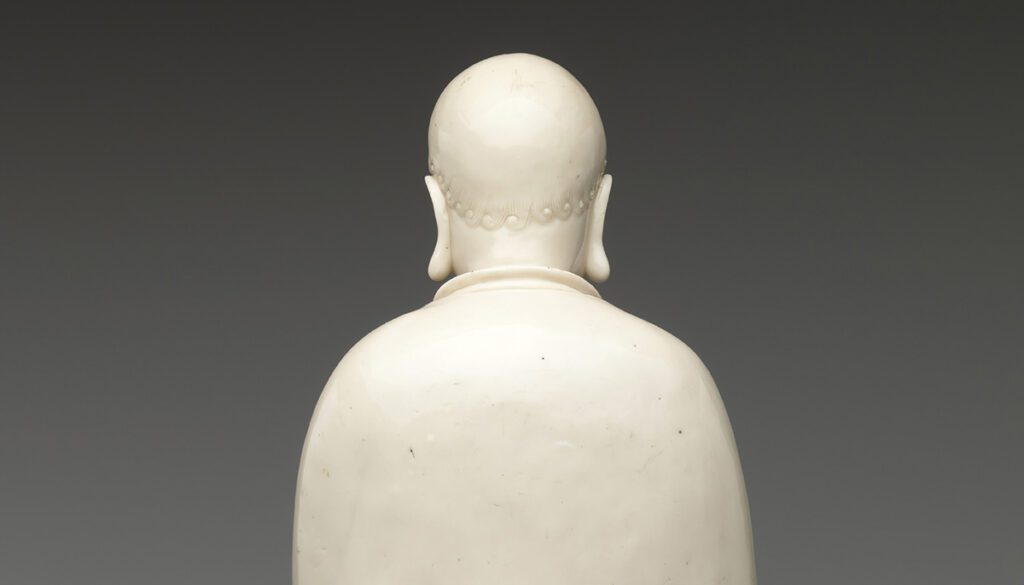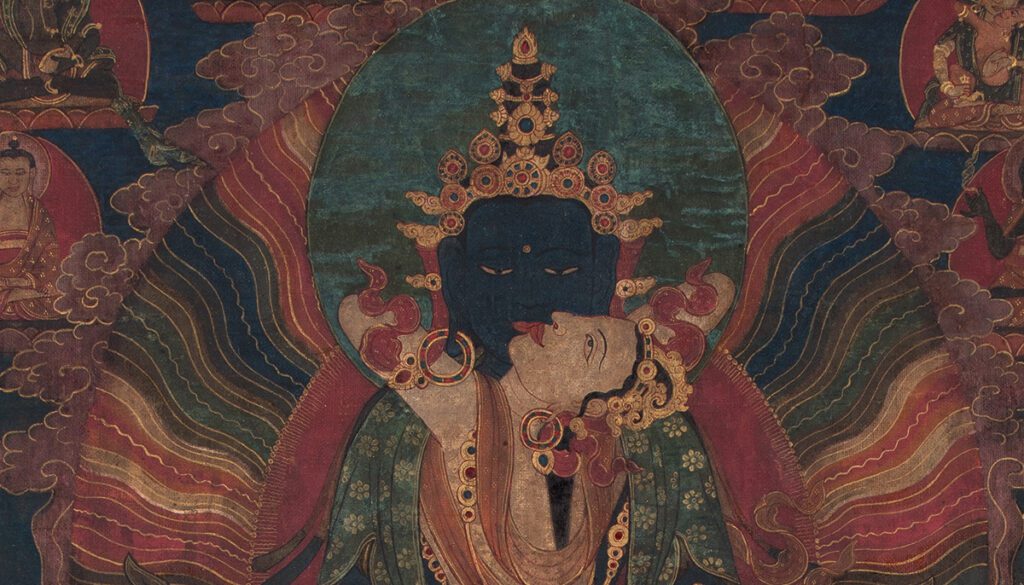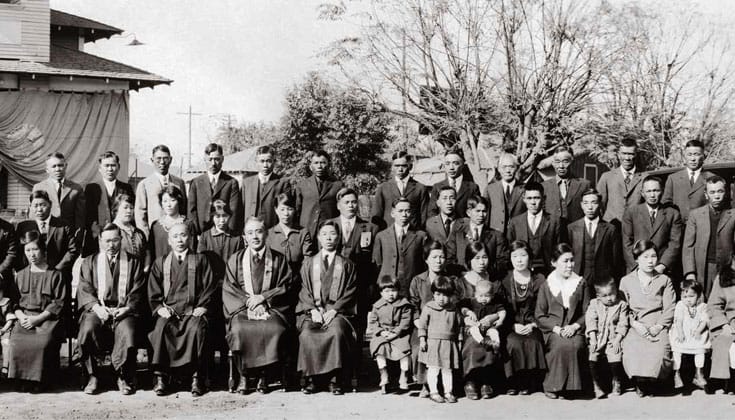Archives: BD Articles
The Benefits of Walking Meditation
Walking meditation, says Sayadaw U Silananda, reflects the Buddha’s injunction to practice mindfulness while in all the four postures, and in all the activities of our lives.
59 Ways to Turn Your Mind Around
The way to bodhicitta, the mind of compassion, is marked by the fifty-nine lojong slogans. Gaylon Ferguson points us in the right direction.
Ask the Teachers: What does it mean to understand Buddhism through the body?
Question: These days, people talk a lot about “somatic practice” and “embodied experience.” What does it mean to understand Buddhism through the body? Roxanne Dault: The body is at the heart of the Buddhist path. It is our guide within the experience of the present moment and an important vehicle for our awakening. One might…
Only Don’t Know
Whatever answers you think you have, says Judy Roitman, you don’t—and in that not knowing, we find the heart of Buddhist practice.
The Buddhist Science of Mind
Michael Sheehy reviews "Science and Philosophy in Indian and Buddhist Classics, Vol. 2: The Mind."
Empty, Pure, Luminous: Mind in Dzogchen and Mahamudra
Roger R. Jackson explains how different Tibetan schools approach the nature of mind, and why it matters.
How Do We Create Our Reality?
According to Yogacara, or “mind-only” teachings, everything we experience is a construct of consciousness. Guo Gu explains how it all works.
Consciousness Is Perfectly Clear
An excerpt from "Science and Philosophy in the Indian Buddhist Classics, Volume 2: The Mind" on Buddhist understandings of consciousness.
The Mind That Knows Itself
Until we begin to make the distinction between observing thoughts and observing the knowing mind, writes Ayya Dhammapida, "we have not yet begun to study or to experience the mind directly."
We’ve Been Here All Along
Funie Hsu says it’s time we recognize Asian American Buddhists and address the racism that marginalizes their ongoing role in the dharma in the West.









